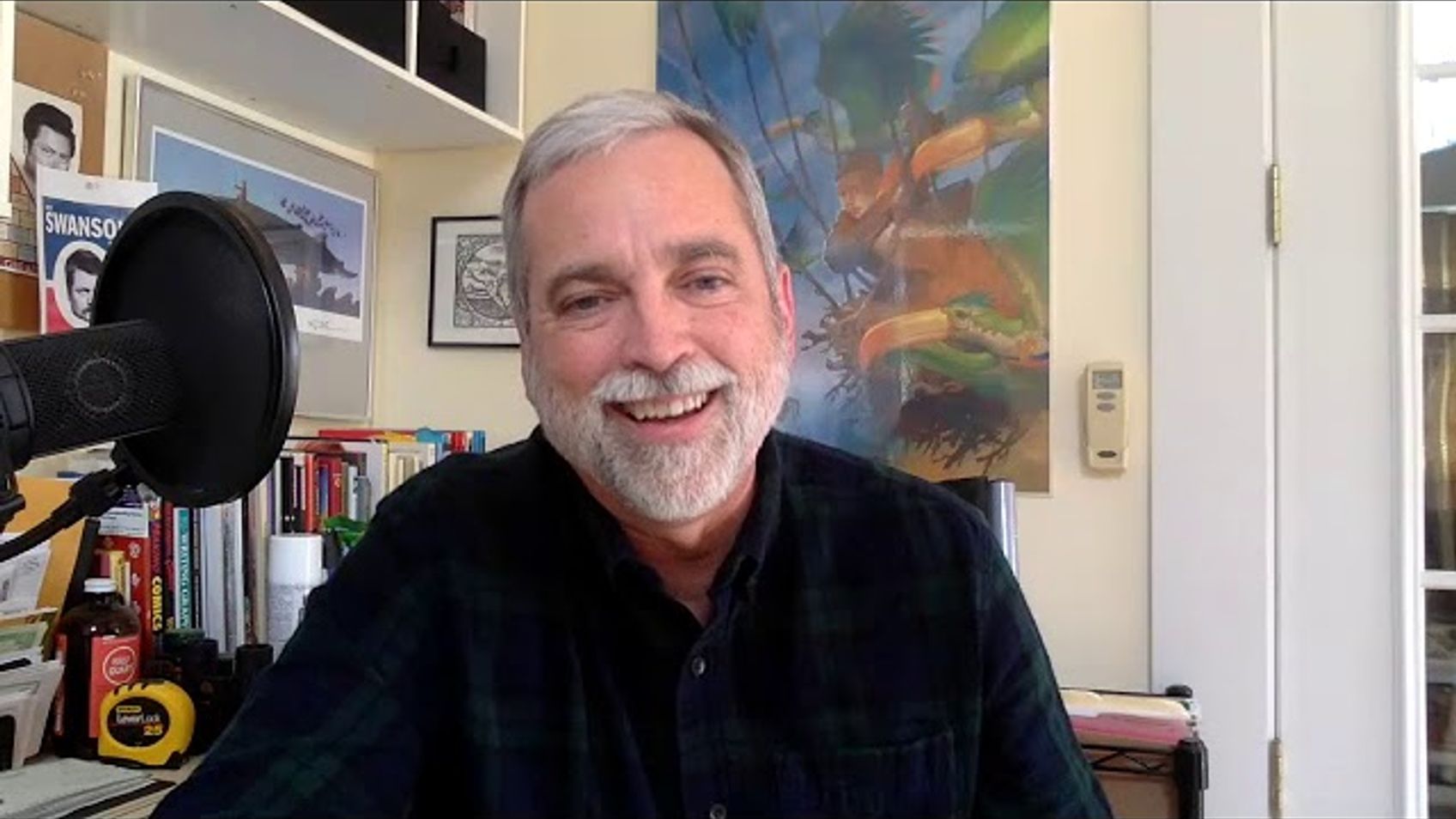Pastor C.R. Wiley on Recovering the Household

Pastor C.R. Wiley joins me to discuss practical steps towards the recovery of the household in the modern world.
Buy 'Man of the House' here: https://amzn.to/2UPdFOY
Keep an eye out for his forthcoming book, 'The Household and the War for the Cosmos' here: https://www.goodreads.com/book/show/44787688-the-household-and-the-war-for-the-cosmos
Follow his blog here: https://www.patheos.com/blogs/gloryseed/
My blog for my podcasts and videos is found here: https://adversariapodcast.com/. You can see transcripts of my videos here: https://adversariapodcast.com/list-of-videos-and-podcasts/.
If you have any questions, you can leave them on my Curious Cat account: https://curiouscat.me/zugzwanged.
If you have enjoyed these talks, please tell your friends and consider supporting me on Patreon: https://www.patreon.com/zugzwanged. You can also support me using my PayPal account: https://bit.ly/2RLaUcB.
The audio of all of my videos is available on my Soundcloud account: https://soundcloud.com/alastairadversaria. You can also listen to the audio of these episodes on iTunes: https://itunes.apple.com/gb/podcast/alastairs-adversaria/id1416351035?mt=2.
More From Alastair Roberts






More on OpenTheo















